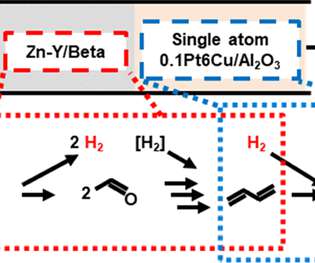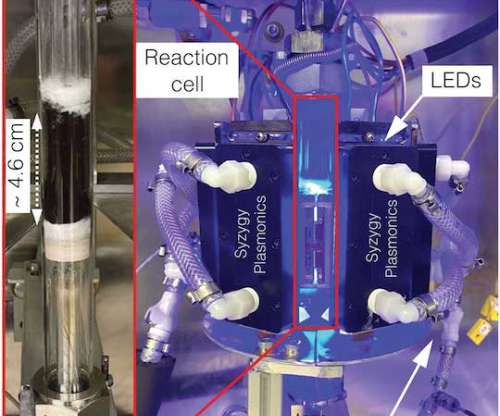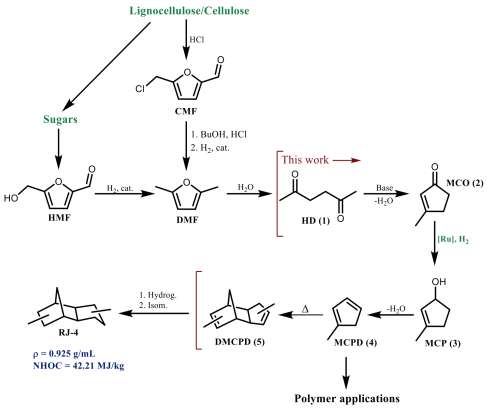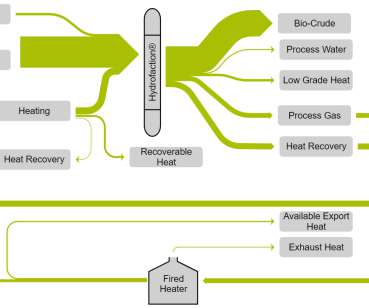New ORNL novel composite catalyst for cost-effective ethanol-to-jet-fuel conversion
Green Car Congress
JUNE 6, 2021
The well-established, cost-competitive ethanol market provides an opportunity to shift the composition of jet fuel and other fuel products away from petroleum. Two more steps—oligomerization and hydrotreating—convert these intermediates into the liquid hydrocarbons used as fuels. —Zhenglong Li.








































Let's personalize your content